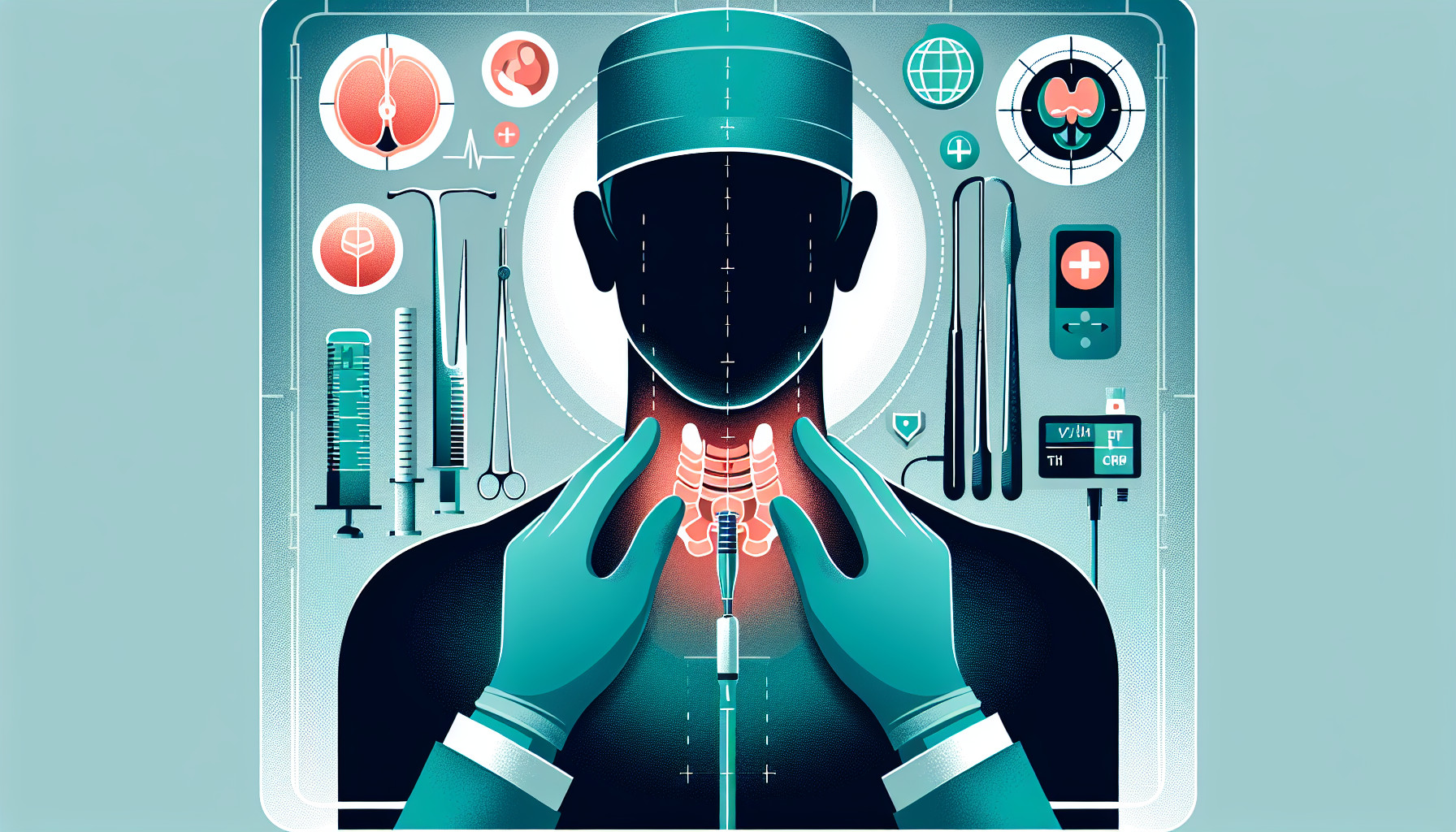Our Summary
This research paper looks to determine the benefits of a surgical procedure called Parathyroidectomy (PTX) for patients suffering from primary hyperparathyroidism (PHPT), a condition that can lead to brittle bones and fractures. The researchers compared patients who had the surgery with those who did not, looking specifically at the risk of fractures and changes in their bone mineral density (BMD), which is a measure of bone health.
The researchers found that, out of more than 238,000 patients with PHPT, those who had the PTX surgery had a significantly lower risk of fractures anywhere in the body, and specifically, a lower risk of hip fractures. However, the surgery did not seem to reduce the risk of fractures in the forearm and spine.
Additionally, patients who had the surgery also had a slightly higher annual increase in their BMD at various parts of their body, which indicates improved bone health.
In conclusion, the study suggests that while PTX surgery does not significantly increase BMD, it does significantly reduce the overall risk of fractures, particularly in the hip. Therefore, it provides additional benefits beyond just improving bone mineral content for patients with PHPT.
FAQs
- What is the main purpose of the Parathyroidectomy (PTX) surgery as mentioned in this research paper?
- Did the PTX surgery reduce the risk of fractures in all parts of the body for patients with PHPT, according to the study?
- Does the study suggest that PTX surgery improves bone mineral density (BMD) in patients with PHPT?
Doctor’s Tip
One helpful tip a doctor might tell a patient about parathyroidectomy is to follow post-operative care instructions carefully, including taking any prescribed medications and attending follow-up appointments. It is also important to maintain a healthy lifestyle with regular exercise and a balanced diet to support bone health and overall well-being.
Suitable For
Patients with primary hyperparathyroidism who have experienced fractures or have low bone mineral density may be recommended to undergo parathyroidectomy. Additionally, patients who have symptoms such as bone pain, kidney stones, fatigue, or changes in mental status may also benefit from the surgery. It is important for these patients to discuss their individual symptoms and risks with their healthcare provider to determine if parathyroidectomy is the best course of action for them.
Timeline
Timeline of a patient’s experience before and after parathyroidectomy:
Before surgery:
- Patient may experience symptoms of primary hyperparathyroidism such as fatigue, weakness, bone pain, and increased risk of fractures.
- Patient undergoes diagnostic tests such as blood tests, imaging studies, and possibly a sestamibi scan to locate the affected parathyroid gland.
- Patient may meet with an endocrinologist and a surgeon to discuss treatment options.
- Patient may need to undergo pre-operative evaluations and tests to ensure they are healthy enough for surgery.
After surgery:
- Patient undergoes parathyroidectomy surgery to remove the affected parathyroid gland.
- Patient may stay in the hospital for a day or two for monitoring and recovery.
- Patient may experience temporary symptoms such as sore throat, hoarseness, and difficulty swallowing.
- Patient may need to take calcium and vitamin D supplements to support bone health.
- Patient will have follow-up appointments with their surgeon and endocrinologist to monitor their calcium levels and overall health.
- Over time, patient may experience improved bone health, reduced risk of fractures, and overall improvement in their symptoms related to primary hyperparathyroidism.
What to Ask Your Doctor
Some questions a patient should ask their doctor about parathyroidectomy include:
- What is the purpose of a parathyroidectomy surgery?
- Am I a suitable candidate for a parathyroidectomy?
- What are the potential risks and complications associated with the surgery?
- What is the recovery process like after a parathyroidectomy?
- How long will it take for me to fully recover and resume normal activities?
- Will I need to take any medication or follow a specific diet after the surgery?
- How will the surgery affect my bone health and risk of fractures in the future?
- Will I need any follow-up appointments or tests after the surgery?
- Are there any long-term effects or considerations I should be aware of?
- Are there any alternative treatments or procedures available for my condition?
Reference
Authors: Kongsaree N, Thanyajaroen T, Dechates B, Therawit P, Mahikul W, Ngaosuwan K. Journal: J Clin Endocrinol Metab. 2024 Sep 16;109(10):e1922-e1935. doi: 10.1210/clinem/dgae326. PMID: 38739762
